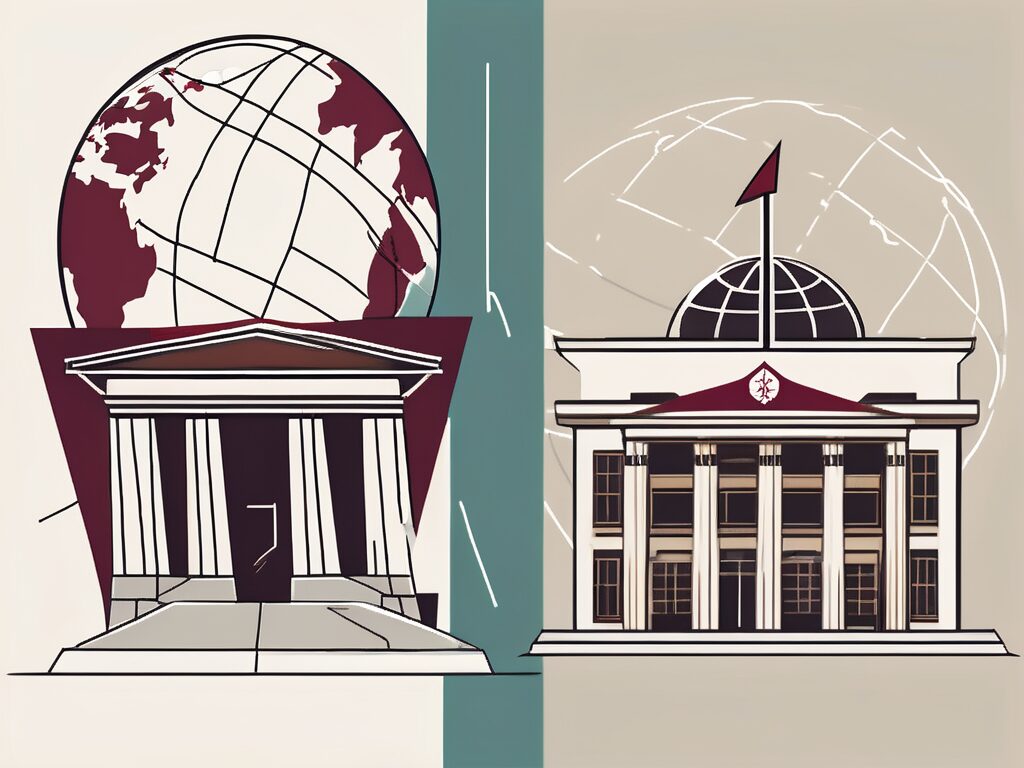The world of education is as diverse as the cultures that inhabit our planet. Each country, each city, and each community presents a unique set of challenges and opportunities for educators. In this light, we’ll delve into the teaching challenges in two distinct regions: Hong Kong and Qatar. We’ll explore four key comparisons, shedding light on the unique circumstances that educators face in these regions.
1. Cultural Differences and Classroom Dynamics
Hong Kong
The cultural environment in Hong Kong classrooms is heavily influenced by Confucian principles, which emphasise respect for authority and the importance of hard work. This often translates into a more formal and disciplined classroom environment, where students are expected to listen attentively and participate actively. However, this can also create a high-pressure environment, which can be a challenge for teachers to manage.
Furthermore, the influence of Western teaching methods, which promote creativity and critical thinking, has led to a clash of educational philosophies. Teachers are often caught in the middle, trying to balance these contrasting approaches. This can lead to confusion and inconsistency in teaching methods, posing another challenge for educators in Hong Kong.
Qatar
In Qatar, the classroom environment is shaped by Islamic values and Bedouin traditions. Respect for teachers is paramount, and education is highly valued. However, this respect can sometimes translate into a reluctance to question or challenge teachers, which can stifle critical thinking and open discussion.
Moreover, the rapid modernisation and influx of expatriate teachers in Qatar has introduced new teaching methods and philosophies. This has led to a similar clash of educational cultures as in Hong Kong, with teachers trying to reconcile traditional Qatari values with modern, Western teaching methods.
2. Language Barriers
Hong Kong
English is one of the official languages in Hong Kong, and it is widely used in education. However, the majority of the population speaks Cantonese as their first language. This can pose a challenge for teachers, particularly those teaching in English. They may struggle to communicate effectively with their students, particularly when explaining complex concepts or providing detailed feedback.
Moreover, the emphasis on English language proficiency can put students who are less proficient in English at a disadvantage. This can create a divide in the classroom, with some students struggling to keep up with their peers.
Qatar
Arabic is the official language in Qatar, but English is widely used in education, particularly in international schools. As in Hong Kong, this can create language barriers for teachers and students alike. Teachers may struggle to communicate effectively, and students may find it difficult to fully understand lessons taught in English.
Furthermore, the emphasis on English language proficiency can create a similar divide in Qatari classrooms, with students who are less proficient in English struggling to keep up.
3. Curriculum and Assessment Challenges
Hong Kong
The Hong Kong education system is known for its rigorous curriculum and high-stakes examinations. This can put immense pressure on teachers to ensure their students perform well. Teachers often feel compelled to teach to the test, which can limit their ability to provide a well-rounded education.
Furthermore, the emphasis on rote learning and memorisation can stifle creativity and critical thinking. This can be a challenge for teachers who wish to foster these skills in their students.
Qatar
Qatar’s education system has undergone significant reforms in recent years, with a shift towards a more student-centred approach. However, these changes have presented challenges for teachers, who must adapt to new curricula and teaching methods.
Moreover, the emphasis on standardised testing remains, putting pressure on teachers to ensure their students perform well. As in Hong Kong, this can limit teachers’ ability to provide a well-rounded education and foster critical thinking skills.
4. Technological Challenges
Hong Kong
While Hong Kong is a technologically advanced city, the integration of technology in education is still a work in progress. Teachers may struggle with the lack of resources or training to effectively use technology in the classroom. This can limit their ability to provide a modern, relevant education.
Qatar
Qatar has made significant strides in integrating technology in education. However, as in Hong Kong, teachers may face challenges due to a lack of resources or training. Furthermore, the rapid pace of technological change can make it difficult for teachers to keep up and effectively incorporate new technologies into their teaching.
In conclusion, while the teaching challenges in Hong Kong and Qatar are shaped by their unique cultural, linguistic, and educational contexts, there are also striking similarities. Both regions grapple with the tension between traditional and modern teaching methods, language barriers, high-stakes testing, and the integration of technology in education. By understanding these challenges, we can better support educators in these regions and work towards more effective, inclusive education systems.
Empower Your Teaching Career with IPGCE
As educators in Hong Kong and Qatar navigate the complexities of modern teaching, the International Postgraduate Certificate in Education (iPGCE) stands as a beacon of professional development. If you’re facing the challenges of traditional versus modern methodologies, language barriers, high-stakes testing, or technology integration, the iPGCE is your pathway to overcoming these hurdles. Enhance your qualifications, connect with a global network of educators, and gain a deep understanding of international curricula. Embrace the opportunity for career progression, increased salary potential, and a flexible study schedule that complements your work commitments. Join the UK’s #1 Teacher Training Course today and transform the challenges into stepping stones for success.

